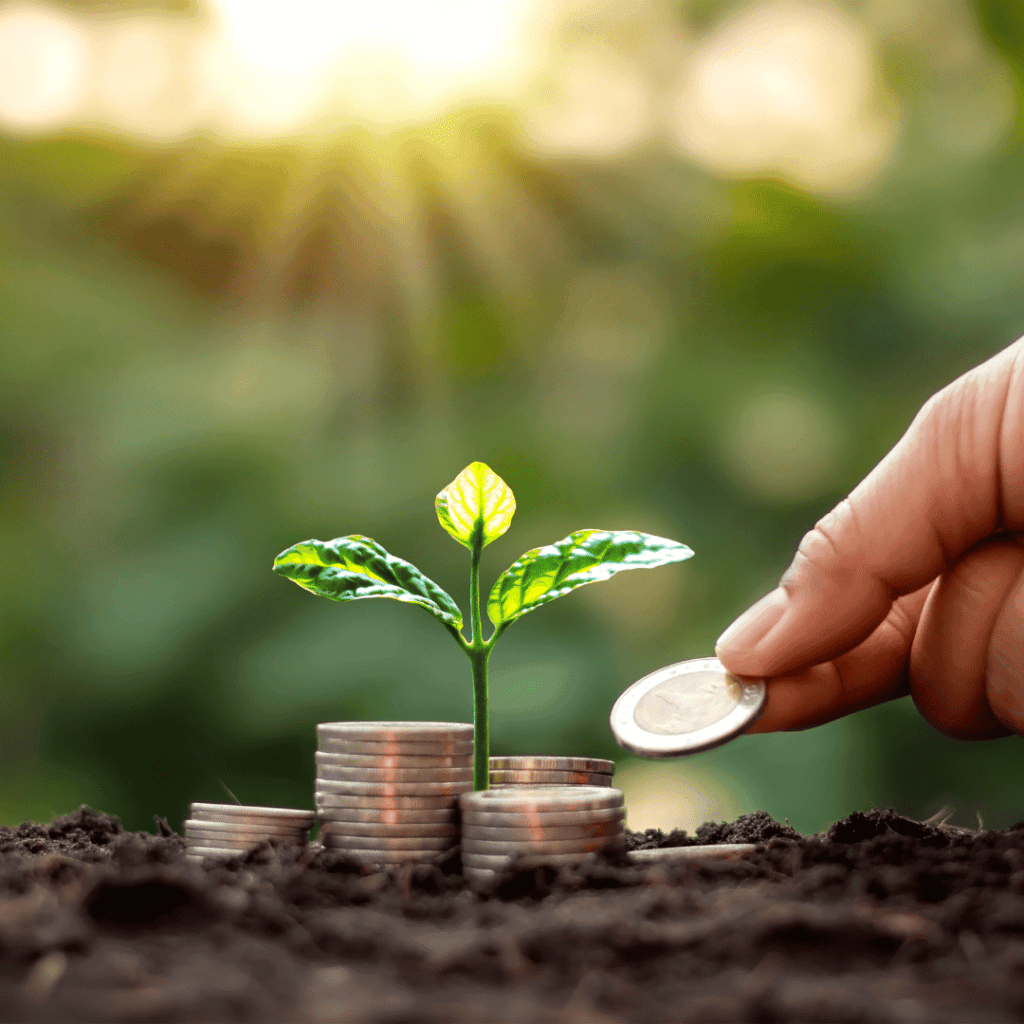The pandemic was one of the most drastic black swan incidents of our times, which suddenly locked down infrastructures, industries, banking systems, and businesses, plunging the world into widespread chaos and financial uncertainty. Although a large number of employees continued to work from home for businesses to adapt to the new normal, there were reports of massive job cuts casting a shadow of gloom across the globe. But during the same period, the UAE stood out for its resilience to the limitations caused by the pandemic since it used technology, online apps, and digital infrastructure to make sure that lockdowns could be lifted and businesses could recover from the sudden jolt within months, even as most of the world was in a lull.
The UAE had been evolving as a business-friendly hub for small firms as well as major corporations across the world since before the pandemic, thanks to its tax-free status and ease of doing business in the mainland as well as more than 40 free zones across the country. But by demonstrating the ability to use technology as a tool against the pandemic, the country also evolved as a safe haven in times of crisis and also an oasis of digital transformation, which became crucial for businesses to survive. The UAE introduced relief from payment of principal interest on outstanding loans to maintain the financial health of businesses and its economy, and an AED50 billion fund was also distributed via all banks in the country through zero-interest loans in the country. Since SMEs make up more than 90% of the companies in the UAE, the financial support scheme during the pandemic also included an AED3 billion credit guarantee package for small and medium businesses.
The government announced a $70 billion stimulus package, which represented 20% of the GDP to kickstart the process of an economic recovery in the country, and measures to support big businesses also included a $4 billion fund for Emirates. With the rise of digital transactions in the UAE during the pandemic, the fintech industry experienced robust growth, and as of 2022, the country has 50% of the Middle East’s fintech startups, with 800 businesses offering e-payments and insurtech among other financial services. The fintech sector has also evolved thanks to the acceptance of blockchain in the UAE, since blockchain-based payments now make up 50% of the federal government transactions in the Emirates. Fintech has also empowered small businesses to achieve financial stability through microfinance, while their consumer base maintained financial health despite spending big through flexible payment schemes that involved interest-free installments, and now consumer spending in UAE’s retail sector has gone up 14% in the first three months of 2022.
The role of technology in the past couple of years, scripting success stories and survival of entrepreneurs during the pandemic, has prompted Dubai to focus on smart and innovative financial systems for its financial sustainability strategy. The strategy by the Dubai Department of Finance aims at efficient and productive distribution of resources in Dubai to strengthen the economy by 2026. Financial sustainability will be achieved by placing six corporate values at the core of developing government financial businesses in the city. The emirate has also launched infrastructure initiatives and schemes worth billions of dollars under its urban master plan for 2040.
To strengthen financial sustainability, Dubai also became the top destination for FDI in the financial services sector, with 58 projects bringing in funding worth AED926 million in 2021. The UAE’s central bank has also credited the strength of its financial system for the economic recovery of the country. It also highlighted the role of risk-based supervision, identification of threats to solvency and liquidity to spot weaknesses, in ensuring that banks have capital reserves to withstand a crisis.
Financial sustainability backed by tech is one more factor that encourages entrepreneurs to set up or expand their businesses in the UAE and make investments in new projects in the near future since the country’s economic growth is protected. Businesses can also focus on recruiting top talent from across the globe since schemes such as the unemployment pay program, which ensures a payout of up to AED20,000, protects employees from redundancy, and eventually allows companies to plan their workforce better.

